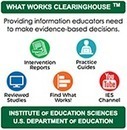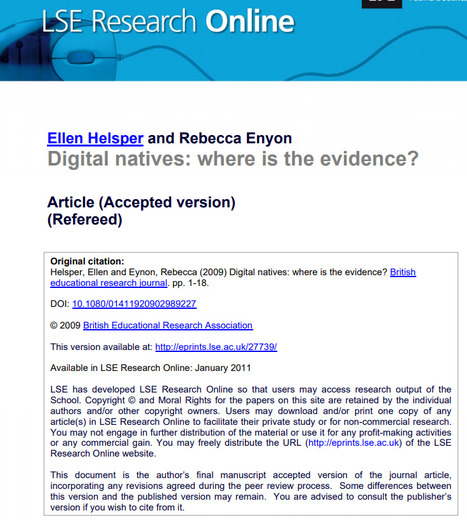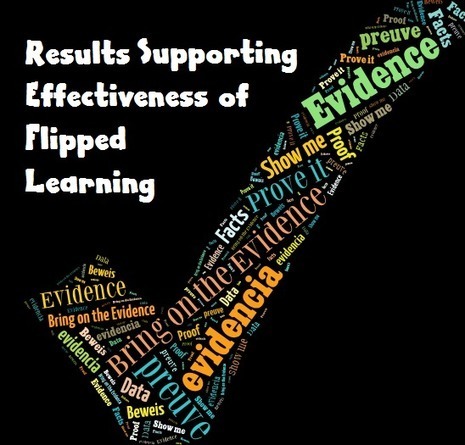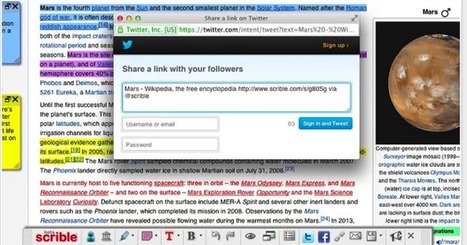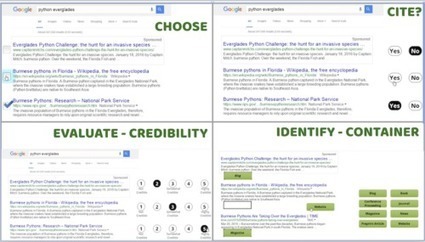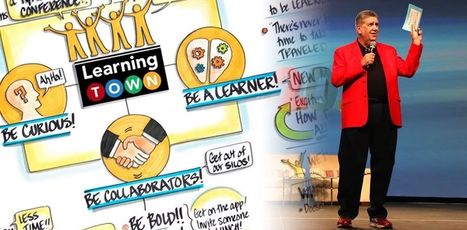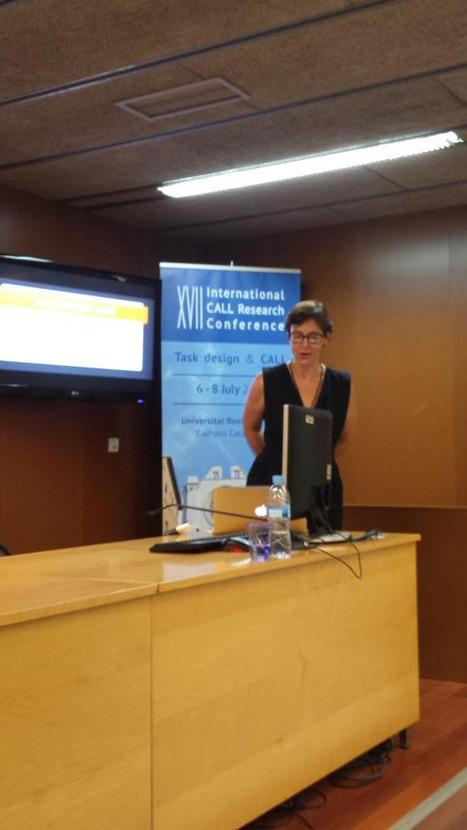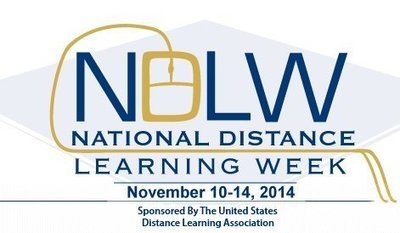Get Started for FREE
Sign up with Facebook Sign up with X
I don't have a Facebook or a X account
 Your new post is loading... Your new post is loading...
 Your new post is loading... Your new post is loading...

Nano IIT Academy's comment,
December 20, 2018 7:12 AM
Thank you for the information...http://nanoeducation.co.in/iit-coaching-hyderabad/

Khardiata's curator insight,
September 22, 2015 1:22 PM
Nowadays, not using any type of social media makes you feel like you don't "belong", and changes your relationships. Hanging out with firends has a whole other aspect now, because we don't communicate together anymore but someone will tweet whatthe other person just said or someone else will snapchat the game that you are playing.

Becky Roehrs's curator insight,
January 31, 2015 2:51 PM
From a range of institutions, research finds flipped learning helps all types of students, too. 
CECI Jean-François's curator insight,
March 11, 2015 2:59 AM
Des études qui montrent que la pédagogie inversée permet d'accroitre l'engagement et les résultats des élèves... 
Willem Kuypers's curator insight,
March 15, 2015 4:40 PM
Pour ceux et celles qui sont encore sceptiques par rapport aux classes inversées. |

Arpit's curator insight,
August 16, 2022 5:38 AM
I would suggest you to checkout Scispace discover. It is a one-stop solution to do an effective literature search and get barrier-free access to scientific knowledge. Scispace Discover is an excellent repository where you can find millions of peer-reviewed articles and full-text PDF files. Find what you want quickly and easily with comprehensive search filters that let you narrow down papers according to PDF availability, year of publishing, document type, and affiliated institution. Moreover, you can sort the results based on the publishing date, citation count, and relevance. When doing the literature review, it is critical to establish the quality of your sources. They form the foundation of your research. SciSpace Discover helps you assess the quality of a source by providing an overview of its references, citations, and performance metrics.

Matthew M.'s curator insight,
March 4, 2015 12:29 AM
I think that this scoop relates to our readings this week because it talks about The ability to obtain, assimilate and apply the right knowledge effectively, will become a key skill in the next century. Our ability will no longer be judged solely by qualifications gained in the past, but will also be assessed by our capacity to learn and adapt in the future. 
Patricia Stitson's curator insight,
March 4, 2015 2:48 PM
Point taken - in fact I thought that the given was that the flipped classroom style encouraged more active learning in class - where the teacher could mentor and where they were learning with their collaborators.
What is lacking for me in this article is retention level and what they are learning while they are learning. Are they just learning the skills and facts or are they also learning how collaborate with other using the facts. Did they just test once for these 'learning outcomes' mentioned or will retention be longterm.
I guess I need to read the study! |






